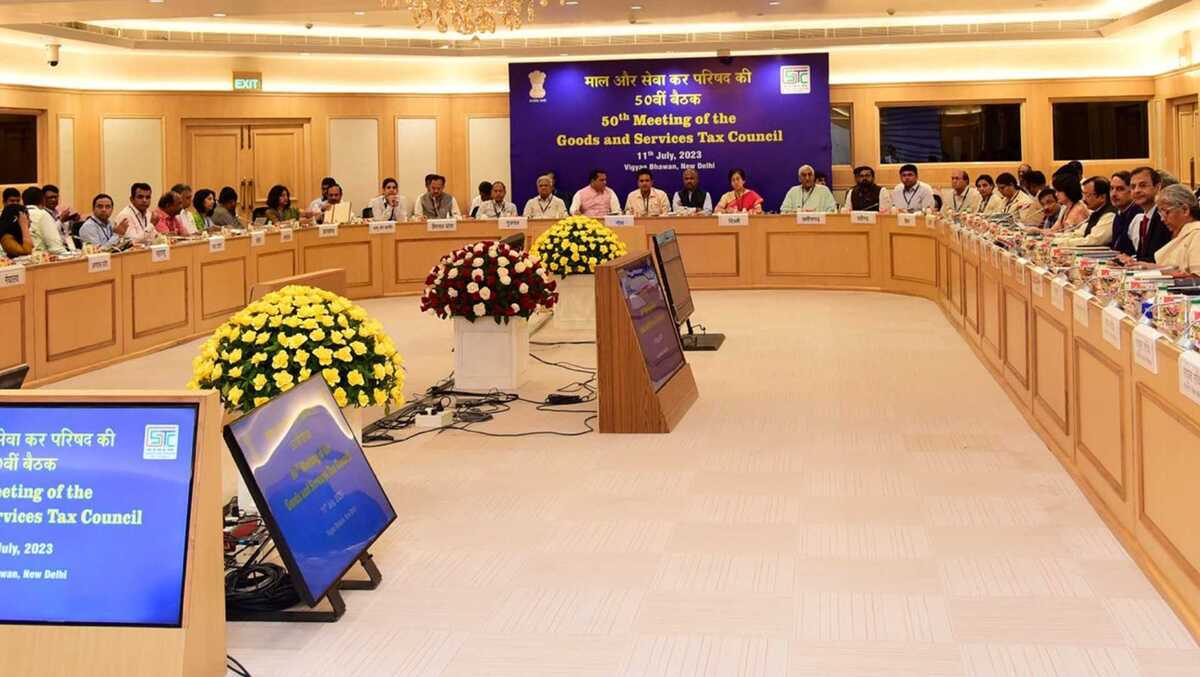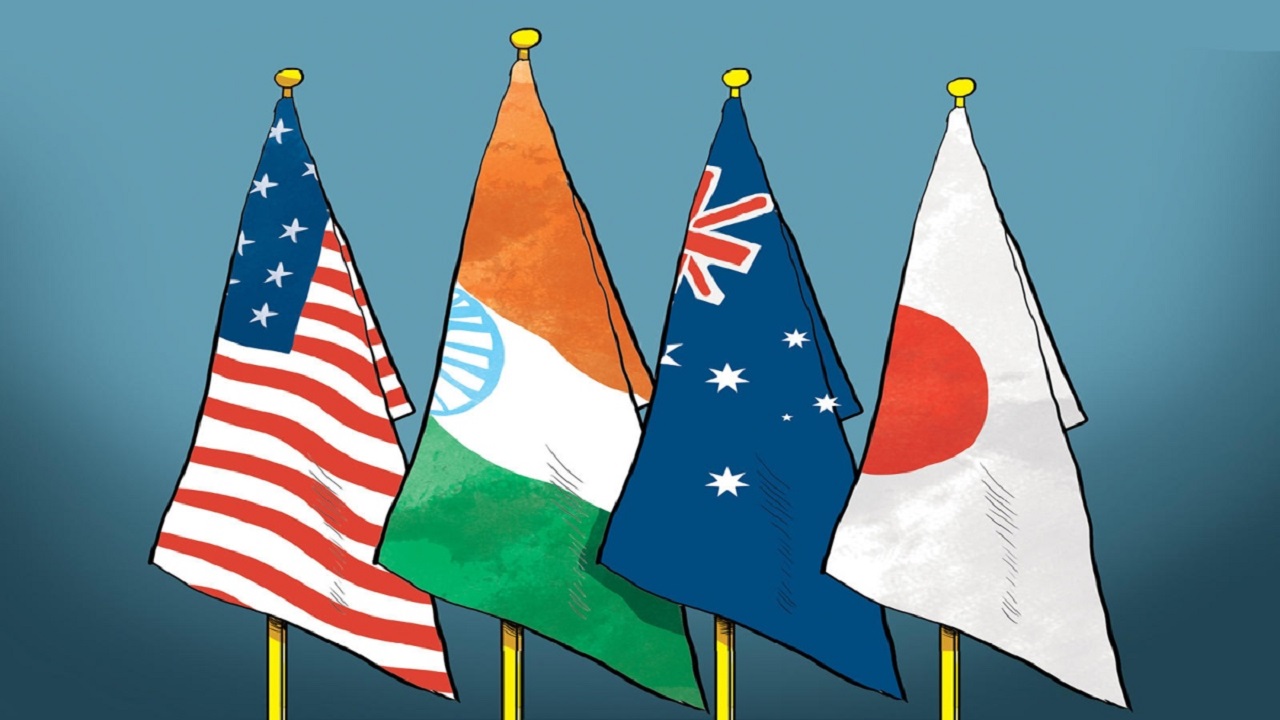Context:
The Goods and Services Tax (GST) Council meeting held recently broadly agreed on the need to reduce the tax rate for health and life insurance premiums from 18 per cent but the specific proposal has now been referred to the Group of Ministers (GoM) for further discussion.
Background:
The GST regime came into force after the Constitutional (122nd Amendment) Bill was passed by both Houses of Parliament in 2016. More than 15 Indian states then ratified it in their state Assemblies, after which then-President Pranab Mukherjee gave his assent.
Key takeaways:
- The GST Council is a constitutional body in India responsible for making recommendations to the Union and State governments on issues related to Goods and Services Tax (GST).
- It was established under Article 279A of the Indian Constitution.
Composition of the GST Council:
- Chairperson: The Union Finance Minister
- Members:
- The Union Minister of State in charge of Revenue or Finance.
- The Minister In-charge of finance or taxation or any other Minister nominated by each State Government.
Decision-Making Process of the GST Council:
- Meetings: The Council meets periodically to discuss issues related to GST, including tax rates, exemptions, the threshold for tax liability, and dispute resolution mechanisms.
- Voting:
- Decisions in the GST Council are made based on a voting structure.
- The Union Government has 1/3rd of the total votes.
- All the State Governments together have 2/3rd of the total votes.
Weighted Voting:
- Every decision requires a three-fourths majority of the weighted votes of members present.
- This structure ensures a balance between the Centre and the States, allowing them to work collaboratively on GST-related matters.
- Consensus: In practice, most decisions of the GST Council are taken by consensus rather than formal voting, promoting a cooperative federalism approach.
Role of the GST Council:
- Tax Rates and Slabs: It decides GST rates for different goods and services, and can modify them periodically based on economic needs.
- Exemptions and Thresholds: It determines which goods or services should be exempt from GST and sets the threshold for GST registration.
- Dispute Resolution: The Council can recommend mechanisms to resolve disputes between the Centre and States regarding GST implementation.
- The GST Council plays a crucial role in harmonizing tax policies across the country, avoiding cascading taxes, and ensuring that GST functions efficiently as a unified tax system.



_(13).jpg)
Comments (0)